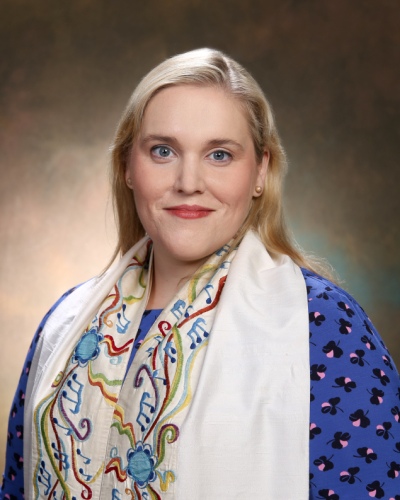“The stranger who resides with you shall be to you as one of your citizens; you shall love the stranger as yourself for you were strangers in the land of Egypt.” (Leviticus 19:34)
We were strangers. We were on the outside. We were feared. We were maligned. We were not trusted. We were turned away. We were portrayed as sub-human in writing, in art, in culture, and society – for centuries.
We were refugees.
Now, our history on the outs is but a distant memory. We can buy houses in any neighborhood we can afford. We can attend university based on our merits. We can join a country club if we choose. We can hold high governmental office. By American middle-class standards, we as a people have transformed from undesirable foreigner, shedding our otherness, and become the ultimate insider.
But from our place on the inside, we can never forget that at the very center of our Torah, there is a section known as the Holiness Code, in which we learn what it means to be a holy people, what we must do and how we must behave. We are taught that we are to treat the stranger in our midst as one of our very own. We are not simply to welcome the stranger, we are to love the stranger – just as we love God.
36 times Torah reminds us of our own experience as strangers and that from that history emerges a well-spring of compassion.
For some of us, this is a very frightening time to be American. For some of us, we feel that our nation is more secure. For some of us, we feel as though what we believe to be true of our nation’s character is slipping through our fingers. For some of us, we feel that the course of our nation’s trajectory has been righted. For some of us, we feel as though we are standing on quicksand. For some of us, we are on solid ground.
Whether you are on quicksand or have firm footing, consider attending services this Friday, February 3rd, at 8pm. Rabbi Knight will preach about Judaism’s ideas around immigration and refugees. We will pray through song and through word, through sound and through silence seeking our Divine Creator, seeking greater understanding of one another and ourselves.




